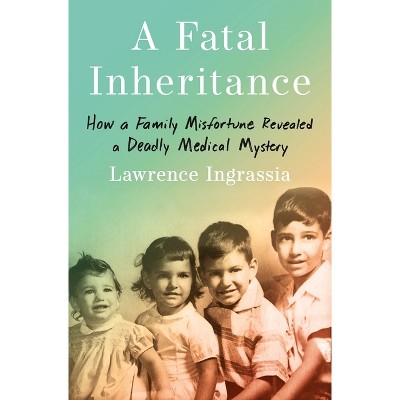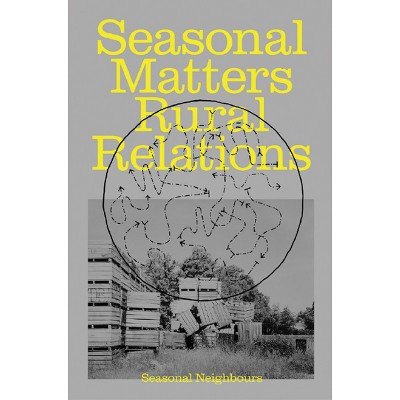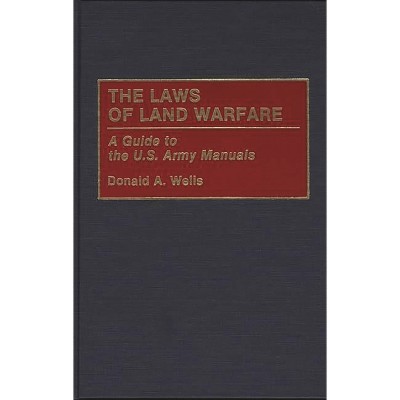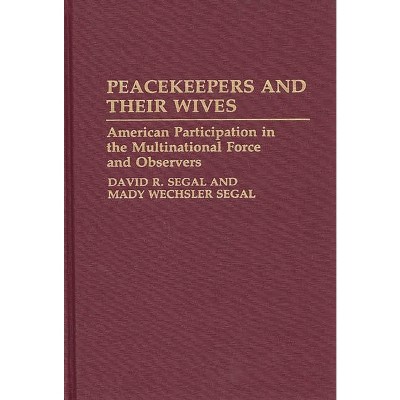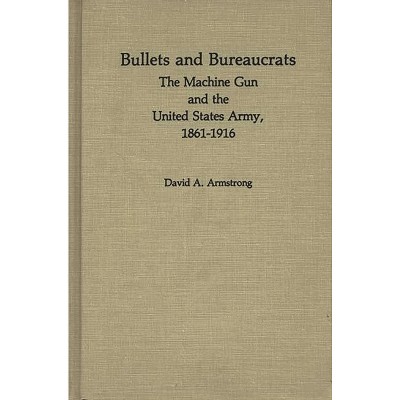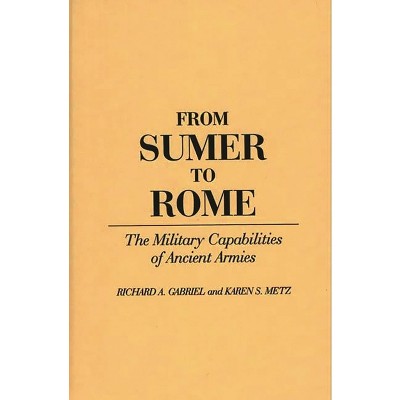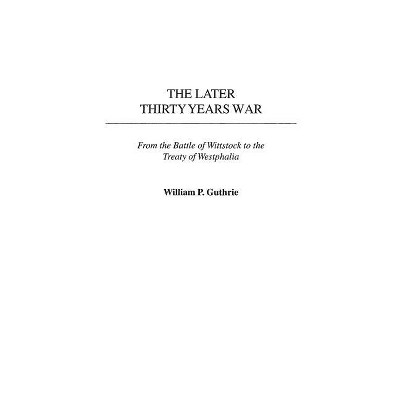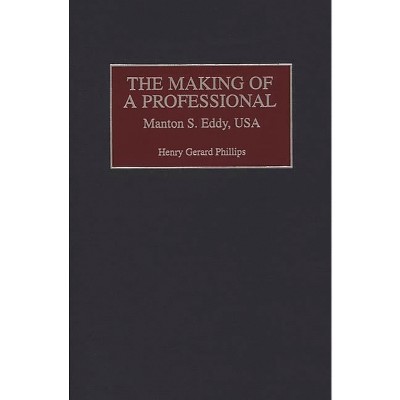Sponsored

The U.S. Constitution and the Power to Go to War - (Contributions in Military Studies) by Gary M Stern & Morton H Halperin (Hardcover)
In Stock
Sponsored
About this item
Highlights
- Noted experts examine America's power to go to war historically and recently, now that the Cold War has ended.
- About the Author: GARY M. STERN, Research Associate at the Center for National Security Studies, focuses on the war powers and other issues involving national security and civil liberties.
- 208 Pages
- Freedom + Security / Law Enforcement, Constitutional
- Series Name: Contributions in Military Studies
Description
About the Book
Noted experts examine America's power to go to war historically and recently, now that the Cold War has ended. They propose ways that the Congress and the president might develop a new working consensus for dealing with the use of military or paramilitary force in the future. This scholarly study of constitutional and statutory proscriptions, UN treaty and international obligations, and judicial restraints is essential reading for undergraduate and graduate students, law students, teachers, and professionals concerned with constitutional interpretation, the government's division of power, and war making.
Book Synopsis
Noted experts examine America's power to go to war historically and recently, now that the Cold War has ended. They propose ways that the Congress and the president might develop a new working consensus for dealing with the use of military or paramilitary force in the future. This scholarly study of constitutional and statutory proscriptions, UN treaty and international obligations, and judicial restraints is essential reading for undergraduate and graduate students, law students, teachers, and professionals concerned with constitutional interpretation, the government's division of power, and war making.Review Quotes
.,."This very valuable book carefully and broadly examines the war powers of the US government from revolutionary times to the present. The editors and contributing authors all are well-respected authorities clearly competent in their areas of specialty... Each chapter is well written and thoroughly documented, and the contributors take pains to show the present and future relevance of their analyses... This first-rate book is highly recommended."-Choice
?...This very valuable book carefully and broadly examines the war powers of the US government from revolutionary times to the present. The editors and contributing authors all are well-respected authorities clearly competent in their areas of specialty... Each chapter is well written and thoroughly documented, and the contributors take pains to show the present and future relevance of their analyses... This first-rate book is highly recommended.?-Choice
?The book is to be recommended. It provides useful introductory material in a difficult subject.?-The Friday Review
"The book is to be recommended. It provides useful introductory material in a difficult subject."-The Friday Review
..."This very valuable book carefully and broadly examines the war powers of the US government from revolutionary times to the present. The editors and contributing authors all are well-respected authorities clearly competent in their areas of specialty... Each chapter is well written and thoroughly documented, and the contributors take pains to show the present and future relevance of their analyses... This first-rate book is highly recommended."-Choice
About the Author
GARY M. STERN, Research Associate at the Center for National Security Studies, focuses on the war powers and other issues involving national security and civil liberties. He co-authored Lawful Wars with Morton Halperin in Foreign Policy (Fall 1988) and the American Civil Liberties Union amicus curiae brief in Dellums v. Bush in 1990.
MORTON H. HALPERIN, Senior Associate at the Carnegie Endowment for International Peace, was formerly the Director of the Advisory Board of the Center for National Security Studies and the American Civil Liberties Union. His many books include Self-Determination in the New World Order (1992) and Nuclear Fallacy (1987).Shipping details
Return details
Frequently bought together
